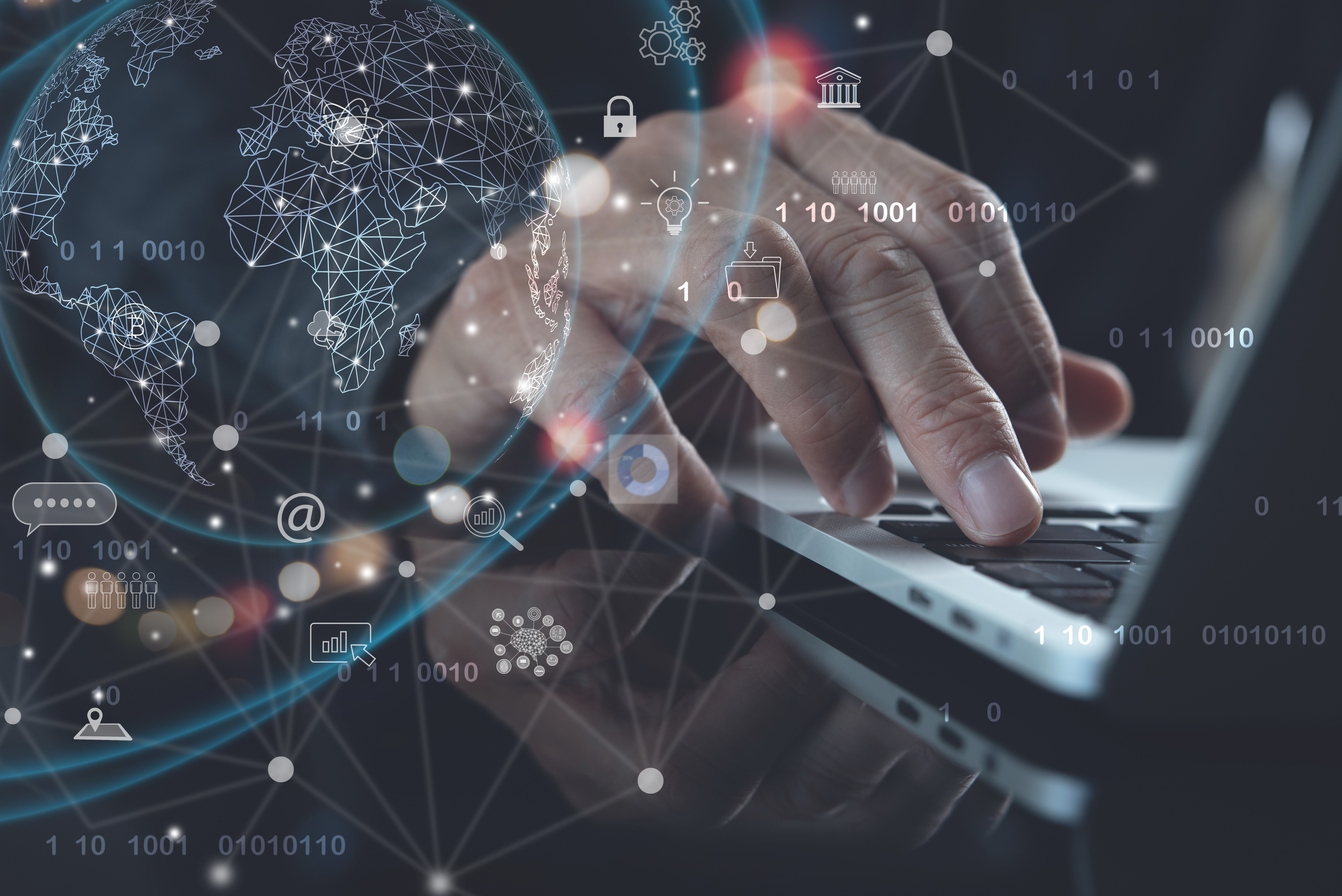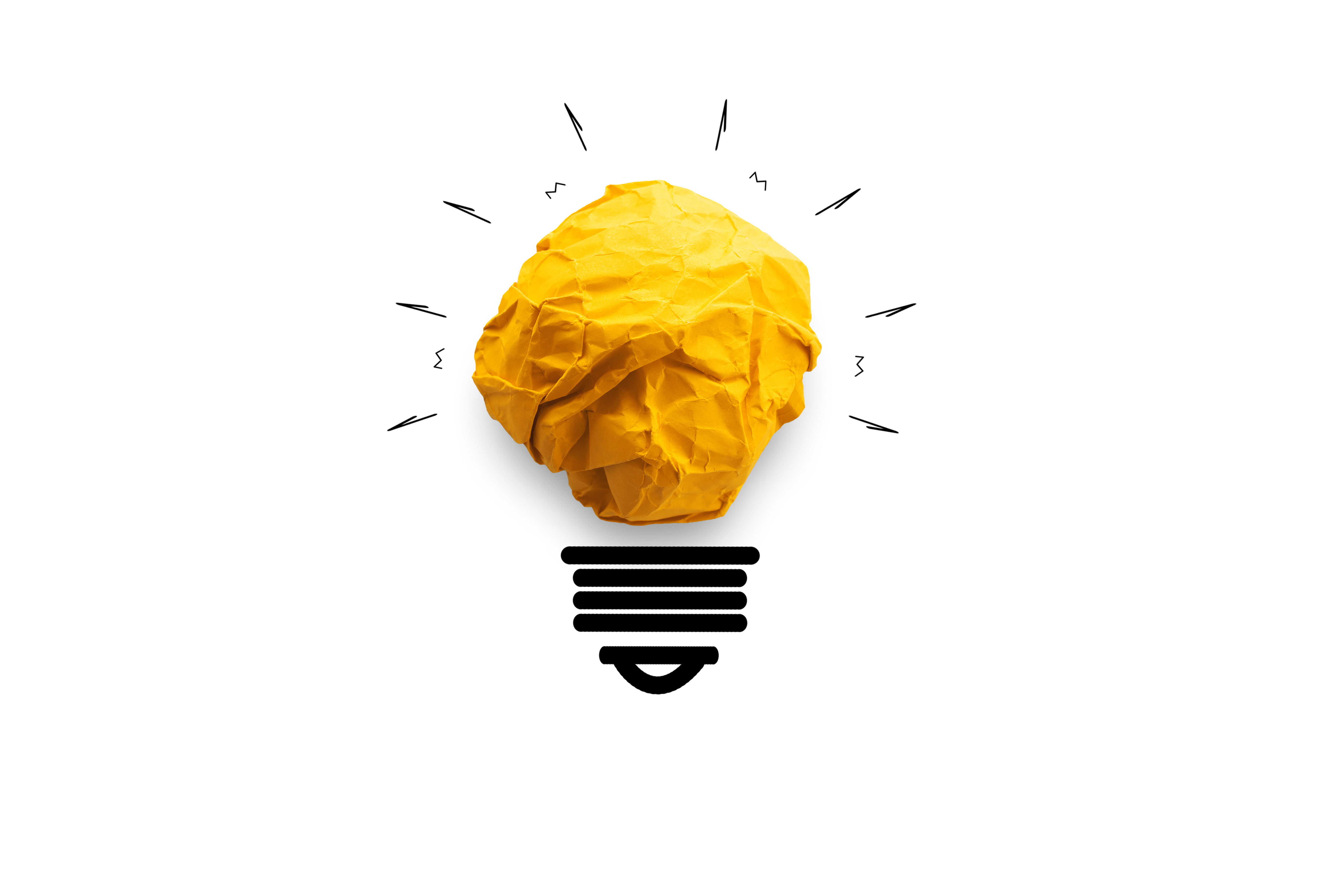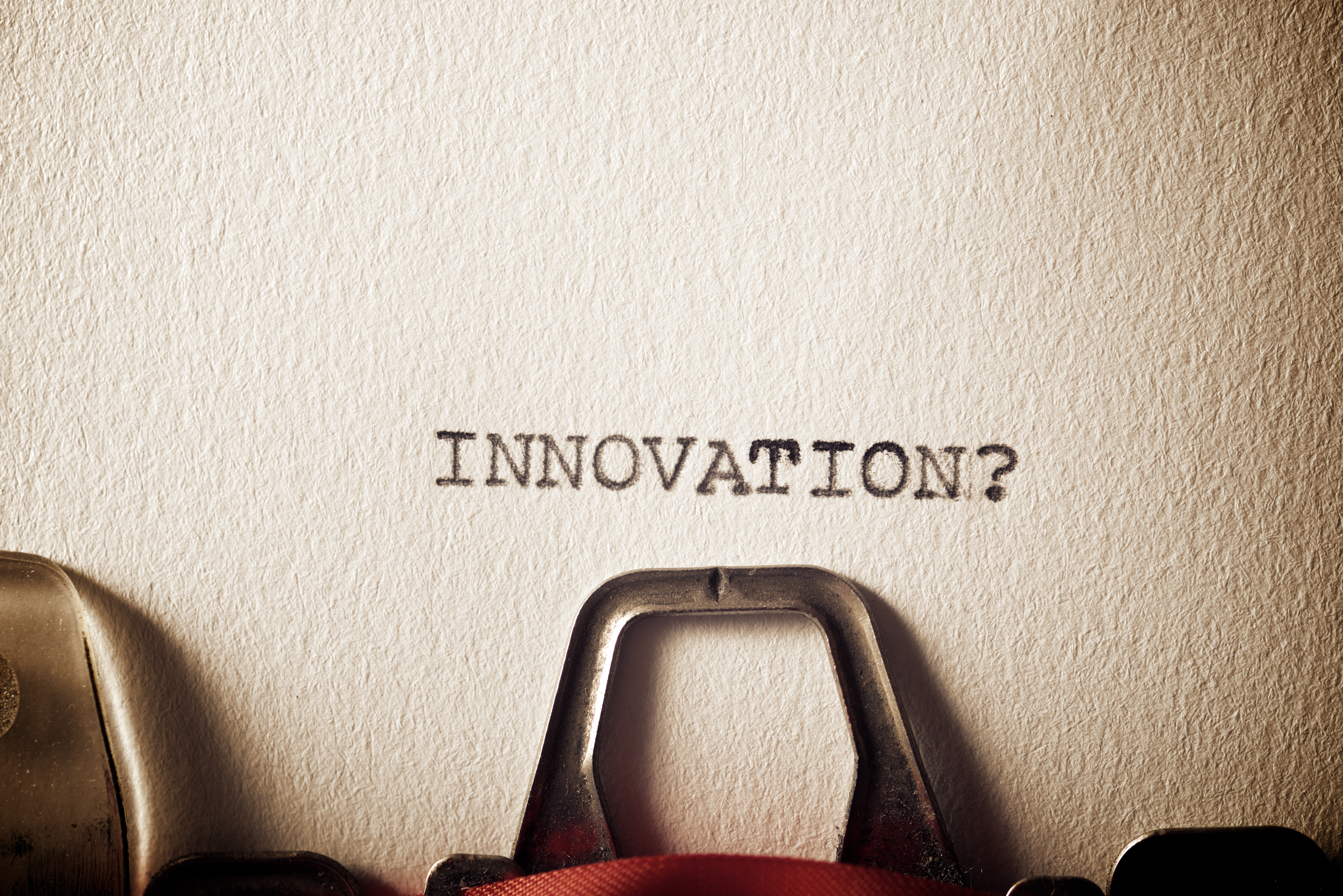Someone from my network recently asked me if it is possible to protect certain online services, which were only available offline in the past. I come across similar questions quite often, like: can you patent software? And how to patent software? Therefore this seems like a nice topic for my latest blog.
Can you get a patent for software?
An offline service that is made digital could qualify as a computer-implemented invention and is based on software. Nearly all software can be protected via copyright, and innovative software can sometimes be protected via a patent.
Example: chatbot
An example of an offline service that is brought online (made digital) is a chatbot that helps customers find answers to particular questions. Until a couple of years ago, a customer would need to call or visit a company to get his question answered. Nowadays, with the chatbot on its website, in-person visits or phone calls are (largely) made redundant.
Example: online communication service
Another example is a digital platform that enables people to communicate via chat services and/or videocalls with each other, as an alternative (or addition) to physical meetings at a physical location. Digital platforms, such as Skype and Microsoft Teams, developed quickly during the last couple of years, for a major part due to the COVID-19 pandemic that forced many people to work remotely.
Copyright for your software
Software comprises the entire set of programs, procedures, and routines associated with the operation of a computer system. It is composed by software code, which is a set of instructions normally created in the form of text strings. Any piece of text, thus including any type of software code, that is creatively written – and thus has an original character – automatically gives its writer a copyright on that specific piece of text. The copyright requires no registration or other administrative work and lasts for 70 years after the death of the person who wrote the text.
Copyright is a type of intellectual property (IP) that provides its owner the exclusive right to publish or reproduce the particular piece of text that it protects. In practice, the owner of the IP can stop others from reproducing the protected piece of text (software). Furthermore, the owner may negotiate license deals with others such that others can reproduce the copyrighted software in exchange for, for example, a fee.
A drawback of the copyright is that it only protects the text of the software (software code) itself, but not the functionality of the software code. Hence, if someone else writes different software code that has the same functionality the copyrighted software code but is expressed using different text, you cannot stop that person from using that different software code, because your copyright only protects the exact expression of your software code.
Patent for your software
Perhaps a patent could provide a solution? A patent provides much broader protection compared to a copyright. As said, a copyright only protects the text of the software, whereas a patent protects the functionality of the software. Thus, a patent would provide protection against someone who has written different software code with the same functionality as the software code that is protected by the patent.
At first glance, it may seem that an online service (such as described above) solves a business problem (helping customers, or having meetings) rather than a technical problem. In Europe, a method for doing business, as such, cannot be protected by a patent, because inventions that only solve a business problem are considered unpatentable.
However, patent protection on software may be possible if the functionality of the software is technical. What is meant with “technical”, may be best explained with one of the examples given above. Pre-COVID-19, many digital platforms were not capable of handling calls with many people having their camera on during the call, thereby overloading the bandwidth. This resulted in issues such as stuttering of the image or sound during the call or even crashing of the connection. The solution was partially found by improving the software code that runs the online platforms. The software was changed in such a manner that the algorithms could run more efficiently, faster, more accurately, etc., thereby enabling heavier loads of bandwidth without having the above-mentioned issues. Software that has such effects may be eligible for a patent.
So, depending on the situation, copyright may provide sufficient protection to a piece of software. But in some cases, patent protection may be a better way of protecting your software (if possible).
Have you written software code and are you wondering whether it is possible to protect it with a patent? Then contact a patent attorney and ask for advice before you share the software with others.



